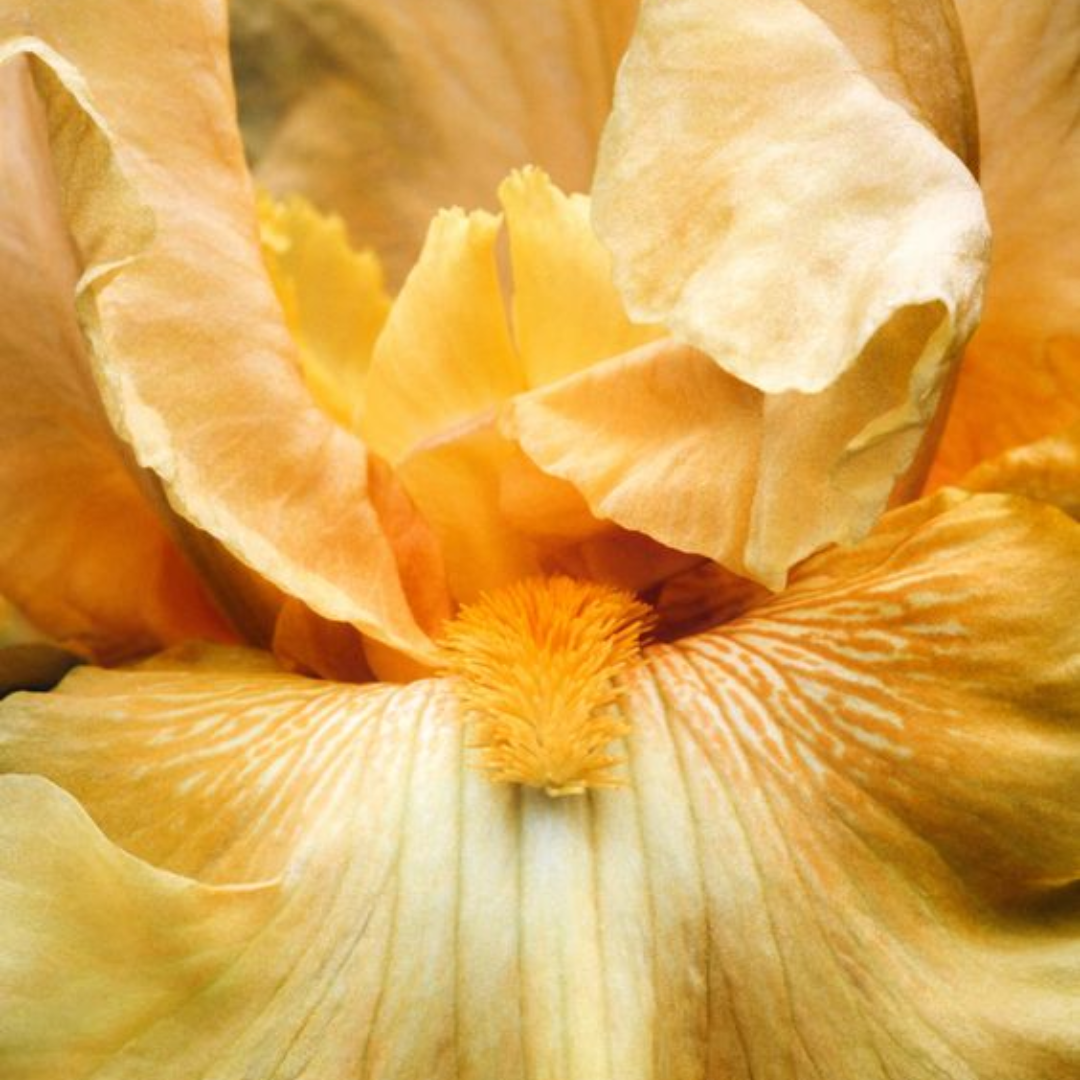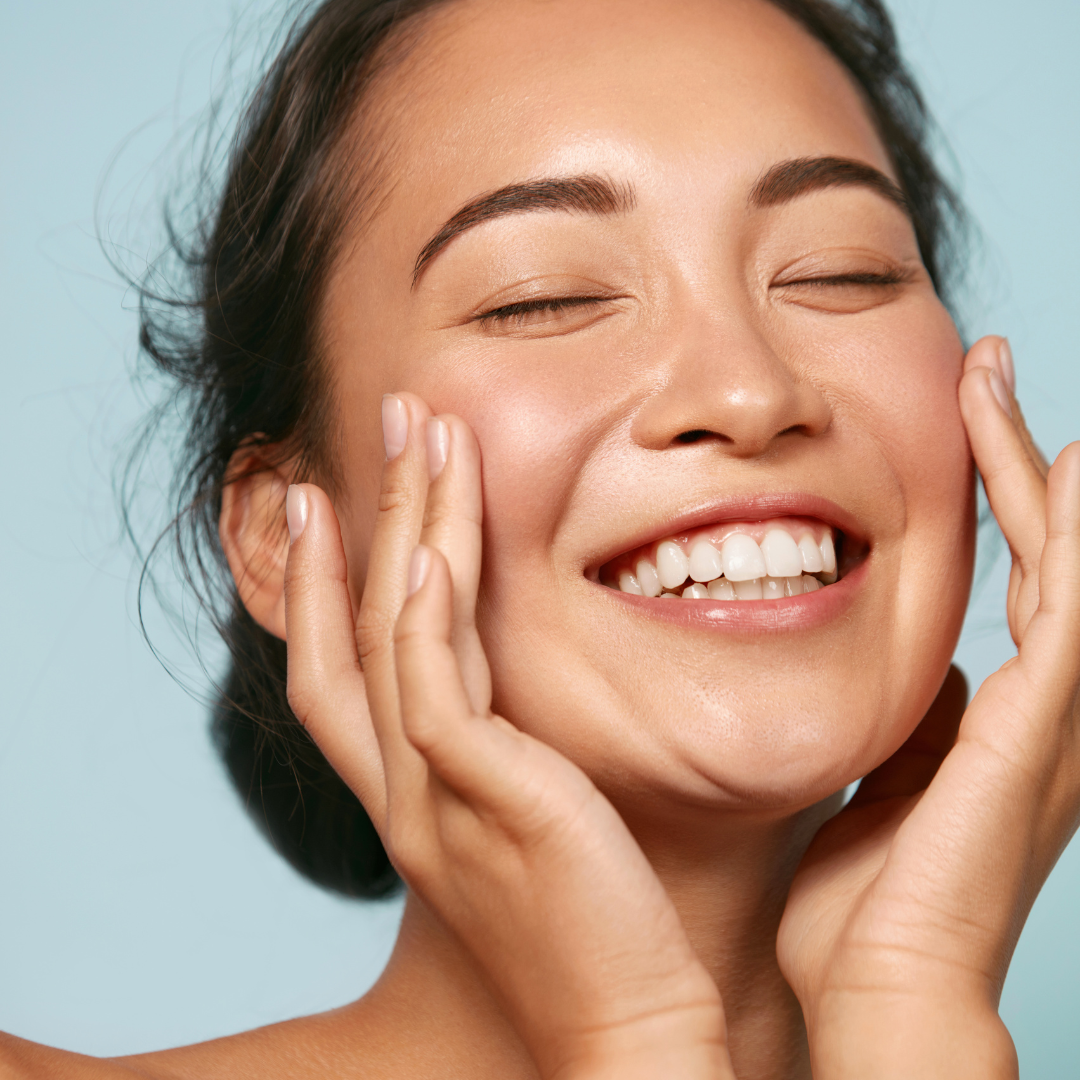
The Follicular Phase
In the second part of our Cycle Series, we’ll be taking a look at the Follicular Phase.
Known as our ‘Inner Spring’ our Follicular Phase technically starts on Day 1 of our period - but most people don’t get those lovely follicular feels until their period starts to end.

Did you know
During the follicular phase of the menstrual cycle, rising estrogen levels can boost energy, mood, and brain function. This phase also enhances skin glow and prepares the body for ovulation. Many women notice increased libido and better exercise performance. Additionally, estrogen helps with stress resilience and efficient energy use, making this phase a great start to the menstrual cycle!
The Science Of Your Cycle - Follicular Phase
So, what exactly is the follicular phase and what’s going on with our hormones during it?
To understand our follicular phase, we have to really understand what’s happening in our ovaries. People with ovaries are born with millions of tiny follicles which have the potential to develop into eggs.
These follicles take months to grow and develop, but in our follicular phase, there will usually be one follicle that becomes dominant. This will mature faster than the others and will eventually be released during ovulation (if you're a fan of The Hunger Games, it’s giving - “I volunteer as tribute”). In a regular cycle, this process is usually most evident between Days 4 and 18, but everyone’s cycle is different and it all depends on when you ovulate.
The hormones involved in maturing your eggs are pretty incredible. From your brain, your pituitary gland releases follicle-stimulating hormone (FSH) which tells the follicle to grow. As the follicle matures it will start to produce more and more oestrogen - peaking just before ovulation. Oestrogen is kind of like the Beyoncé of the hormone world - which is why many people find that they feel their best during their follicular phase!
Why do I feel good in my follicular phase?
So what do we mean when we say Oestrogen is the Beyoncé of hormones? Well, our oestrogen levels have been linked to our seretonin levels - which is one of our happy hormones. When our oestrogen levels are high, it can not only increase serotonin production but also the number of serotonin receptors in our brain. Oestrogen has also been linked to the production and effectiveness of endorphins. The effects of this can make us feel more energetic, positive, confident and sociable - and there’s a good evolutionary reason for that!
At a primal level, our follicular phase is when we would be out there looking to attract a mate, ready for our fertile window to hit. Whether you’re single or in a relationship, you might notice that you feel a bit more flirtatious than usual, and some research even indicates that we might look and smell more attractive as we move towards ovulation…
You might also find yourself feeling super sociable and eager to try new things - and generally quite happy to go with the flow. This is also a great time to focus on work or study projects, as research shows that our oestrogen levels are connected to our cognitive function (aka well how your brain works.)
Self-Care During Your Follicular Phase
Whilst you might feel happy and full of energy during your follicular phase, that doesn’t mean you should forget about looking after yourself. Nurturing your mind and body during this time will not only help you optimise this phase but will also lay the foundation for a healthy ovulation and smoother luteal phase (aka reduced PMS symptoms!)
Movement
With increased energy levels, your Spring phase is a great time to get active and try new things! Now is a good opportunity to sign up for that HIIT class you’ve been thinking of joining or combine exercise with socialising by going hiking with friends.
But be careful…Studies have shown that muscle and tendon injuries occur almost twice as often in the late follicular phase (around day 7 to day 15) compared to the early follicular or luteal phase, probably because oestrogen can make our tendons more lax.
Nutrition
Things can feel pretty great in your follicular phase, but how you nurture your body now can have a massive impact on your symptoms in the latter half of your cycle and during your period.
Excessive oestrogen is one of the triggers for symptoms like period pain and PMS. When oestrogen levels are peaking during our follicular phase, it’s important that we fuel up on phytoestrogens - foods that can help reduce the effectiveness of the hormone. Foods rich in phytoestrogens include flax seeds, tofu, sesame seeds and dried fruits.
Magnesium can also help to metabolise oestrogen - and our levels of magnesium tend to be lower during our follicular phase. Stock up on magnesium-rich foods like dark leafy greens and beans - and grab a great supplement to help boost your levels!
Generally speaking, people find that their mental well-being is pretty good during their follicular phase but the urge to socialise can sometimes mean we start burning the candle at both ends. Remember that burn-out may catch up with you later in your cycle - so don’t forget to make time for rest amongst the fun.
Fast Facts
Estrogen Surge
During the follicular phase, estrogen levels rise significantly, which can lead to increased energy levels and improved mood. This hormone surge helps prepare the body for ovulation.
Brain Boost
Higher estrogen levels in the follicular phase have been linked to improved cognitive functions, such as better memory and increased creativity. It's a great time for mental tasks and brainstorming sessions!
Ovulation Preparation
The follicular phase is when follicles in the ovaries mature, with one becoming dominant and eventually releasing an egg during ovulation. This is essential for reproduction and fertility.
Increased Libido
Some women experience a boost in libido during the follicular phase due to rising estrogen and testosterone levels, aligning with the body's preparation for potential conception.
Improved Exercise Performance
The hormonal changes during the follicular phase can enhance muscle strength and endurance, making it an optimal time for high-intensity workouts.
Metabolic Shift
Estrogen influences metabolism, often resulting in a more efficient use of carbohydrates for energy during the follicular phase. This can impact dietary needs and energy levels.
Stress Resilience
Elevated estrogen levels can help modulate stress responses, potentially making women more resilient to stress during the follicular phase.



